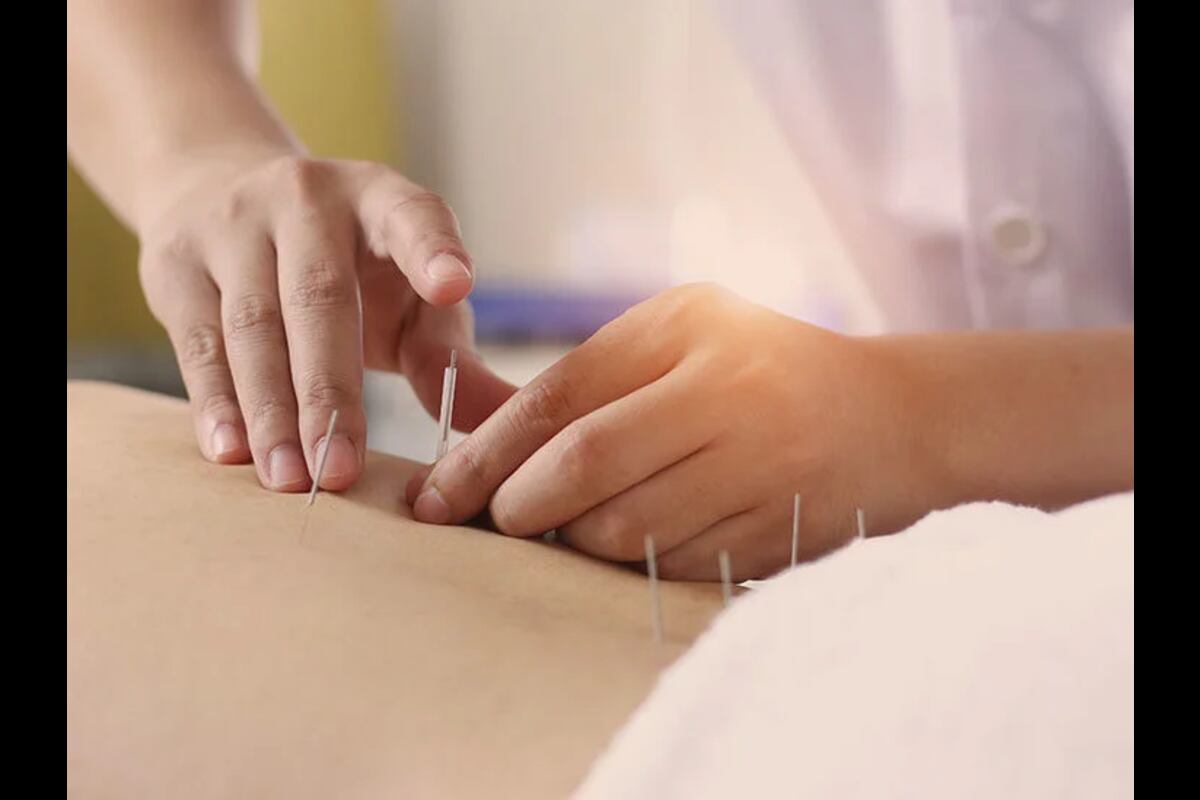What is Acupuncture and why is it Used?

Although acupuncture is not a scientifically proven treatment, many people rave about the way that it works for them. It doesn’t even matter if you’re scared of needles as you can be treated for that as well.
Acupuncture is a process in which fine needles of placed in the skin at certain points. Acupuncture is an ancient Chinese form of medicine used to treat several conditions such as back pain, dental pain, migraines, and sickness after an operation just to name a few.
Acupuncture is known as a complementary or alternative medicine (CAM), which means that it is different from the typical treatments that we are used to. Unlike conventional medicines, the use of acupuncture is not necessarily based on solid scientific evidence.
The practice of acupuncture is based on an ancient belief that a ‘life force’ passes through the body using channels called meridians. Acupuncturists who obey the traditional beliefs about acupuncture believe that when the ‘life force’ cannot pass freely through the meridians it can cause illness. Acupuncture, therefore, re-establishes the flow, ultimately bringing people back to health. Scientists believe that acupuncture could produce some beneficial effects because it may stimulate the nerves and muscle tissue.
Although there is no real scientific evidence to show the benefits of acupuncture, trials that have been carried out have shown that acupuncture has been a benefit to those that suffer with
- Back pain
- Migraines and headaches
- Dental pain
- Sickness due to an operation
- Osteoarthritis of the knee
Although scientific trials have shown these benefits, disagreements over the way acupuncture trials are conducted mean that these results are not seen as a certain judgment.
However, further investigations into acupuncture treatments have shown that it does not have any benefits on the following conditions: quitting smoking, weight loss, and rheumatoid arthritis. As before however, these findings cannot be taken as final.
For conditions such as asthma, depression, neck pain, sciatica, stroke, tinnitus, and insomnia more evidence is needed in order to form any conclusions on the effectiveness of acupuncture.
Acupuncturists use very thin needles that are solid, as opposed to the slanted hollow needles that are used to pierce the skin for an injection; these needles slide into place without piercing the skin and usually there isn’t any blood on their removal. If not inserted correctly however, these needles can cause a lot of pain, so be sure to go to an acupuncturist with the credentials needed to perform the skill. If the needles are inserted correctly however most can be put in place with no pain whatsoever, occasionally there may be a slight feeling of discomfort.